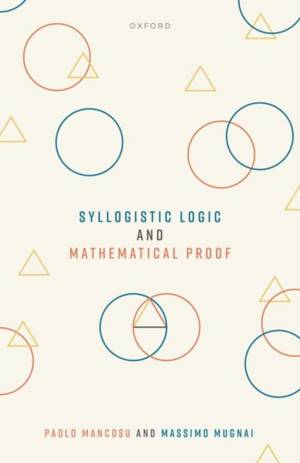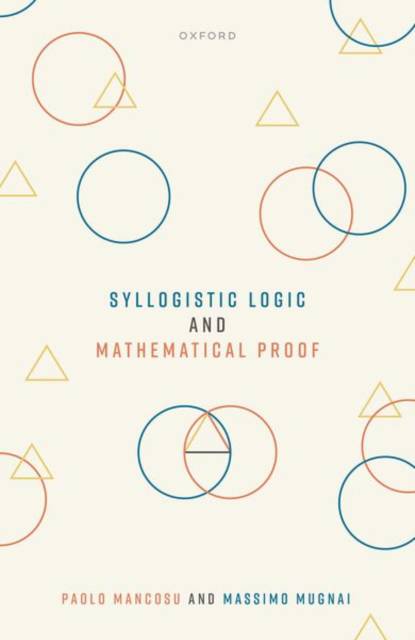
- Retrait gratuit dans votre magasin Club
- 7.000.000 titres dans notre catalogue
- Payer en toute sécurité
- Toujours un magasin près de chez vous
- Retrait gratuit dans votre magasin Club
- 7.000.0000 titres dans notre catalogue
- Payer en toute sécurité
- Toujours un magasin près de chez vous
135,45 €
+ 270 points
Description
Does syllogistic logic have the resources to capture mathematical proof? This volume provides the first unified account of the history of attempts to answer this question, the reasoning behind the different positions taken, and their far-reaching implications. Aristotle had claimed that scientific knowledge, which includes mathematics, is provided by syllogisms of a special sort: 'scientific' ('demonstrative') syllogisms. In ancient Greece and in the Middle Ages, the claim that Euclid's theorems could be recast syllogistically was accepted without further scrutiny. Nevertheless, as early as Galen, the importance of relational reasoning for mathematics had already been recognized. Further critical voices emerged in the Renaissance and the question of whether mathematical proofs could be recast syllogistically attracted more sustained attention over the following three centuries. Supported by more detailed analyses of Euclidean theorems, this led to attempts to extend logical theory to include relational reasoning, and to arguments purporting to reduce relational reasoning to a syllogistic form. Philosophical proposals to the effect that mathematical reasoning is heterogenous with respect to logical proofs were famously defended by Kant, and the implications of the debate about the adequacy of syllogistic logic for mathematics are at the very core of Kant's account of synthetic a priori judgments. While it is now widely accepted that syllogistic logic is not sufficient to account for the logic of mathematical proof, the history and the analysis of this debate, running from Aristotle to de Morgan and beyond, is a fascinating and crucial insight into the relationship between philosophy and mathematics.
Spécifications
Parties prenantes
- Auteur(s) :
- Editeur:
Contenu
- Nombre de pages :
- 240
- Langue:
- Anglais
Caractéristiques
- EAN:
- 9780198876922
- Date de parution :
- 18-08-23
- Format:
- Livre relié
- Format numérique:
- Genaaid
- Dimensions :
- 162 mm x 241 mm
- Poids :
- 498 g

Les avis
Nous publions uniquement les avis qui respectent les conditions requises. Consultez nos conditions pour les avis.






